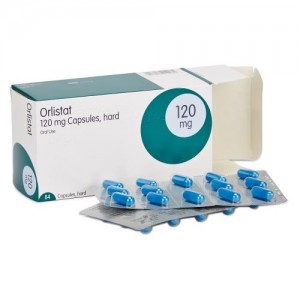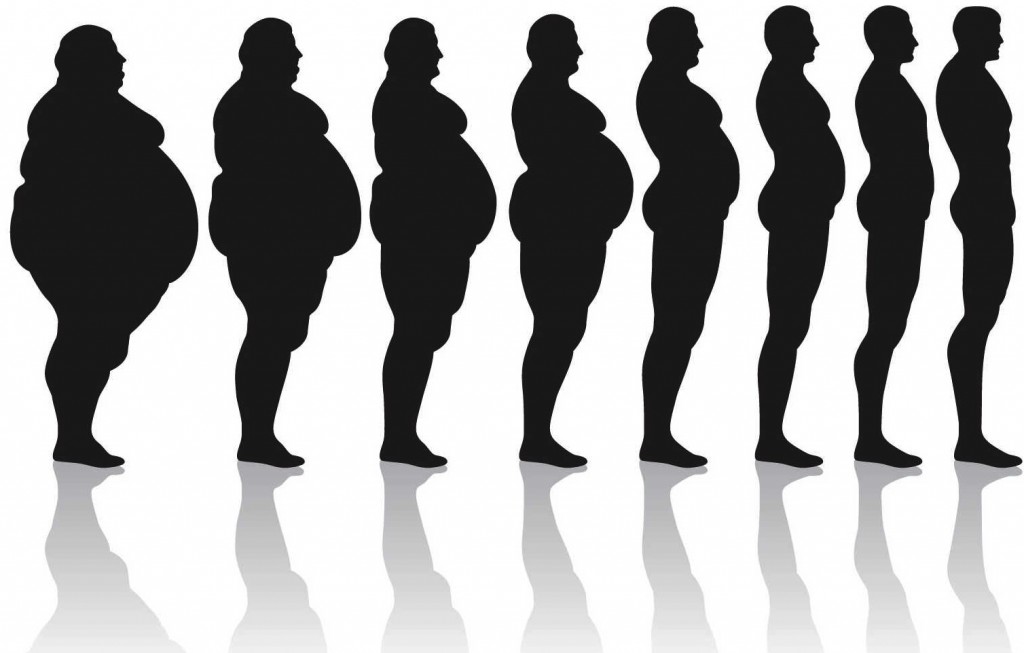Summer time means wearing fewer layers, but also becoming more body-conscious. Few people are blessed with having a high metabolic rate, allowing them to burn off whatever they eat. The vast majority of us will put on weight if our intake of daily calories goes up, while our physical activity levels remain the same or go down.
The dangers of fad diets
Whatever the latest diet gurus say, there is no magic formula for rapid, safe and permanent weight loss. As many individuals will testify, paying out for fad diets will see your weight come back just as quickly as it fell off, because they are not sustainable. Indeed, one of the major worries of following a popular diet is the negative impact it can have on your body.
Many people try crash diets, which can make you ill as you dramatically decrease your food intake, leaving you too weak to function normally. Others exclude entire food types, such as meat and dairy, or carbohydrates, which depletes your body of vital minerals and vitamins, or provides an excess of one food type, such as saturated fats, which can increase the risk of heart disease.
7 tips for sensible weight-loss
Here are seven simple ways to lose weight healthily – and keep the weight off!
- Eat breakfast! Too many people skip this vital meal, which deprives you of good energy at the start of the day. Research shows those who eat breakfast are less likely to be overweight.
- Cut down on the amount of fat you eat by trimming the fat off meat, switching from full-fat to skimmed milk, and using more low-fat spreads.
- Swap white rice, bread and pasta for wholegrain varieties. Wholegrain takes more time to digest, so you feel fuller for longer.
- Have five portions of fruit and vegetables every day – vary what you eat to ensure you get a good mix of nutrients.
- Ditch sugary drinks for lower calorie alternatives or, even better, for some sparkling water with a slice of lemon – refreshing and good for you!
- Tempted to snack? Drink some water or a cup of tea first. Often we think we are hungry, but our bodies are merely thirsty.
- Exercise regularly: aim to do 150 minutes of moderate-to-intense physical activity each week.
Orlistat – a medical jumpstart for the obese
If your Body Mass Index (weight divided by height squared) is over 30 and you are struggling to achieve weight loss through regular means, you can also consider trying a medically-approved diet aid.

Some pharmacists are now authorised to supply Orlistat under the Weight Loss Patient Group Directive to those who are significantly overweight. This medicine, issued under strict guidelines, can help you to lose weight by blocking the enzymes in your gut which digest fat. Nearly a third of the fat can then pass out with your stools (faeces).
The normal dose is one capsule (120 mg), three times a day with each meal. However, you do not need to take one if there is no fat in the meal or if you miss a meal. Many people will also take multivitamins to compensate for any nutrients that are lost when the undigested fat passes through your system.
Talk to your local pharmacist, who will first ask you to complete a form. If you qualify, you will be set realistic targets for weight-loss and be regularly monitored. You will still have to diet and do exercise, but your body is given a major boost by Orlistat. Although the medicine doesn’t work for everyone, four in ten people who stuck to the guidelines did record a significant drop in weight.
 For more information, visit the Weight Loss section on NHS Choices online, which has lots of useful guides, as well as anecdotal stories about people trying different ways to lose weight.
For more information, visit the Weight Loss section on NHS Choices online, which has lots of useful guides, as well as anecdotal stories about people trying different ways to lose weight.
About the author: Feriha İbrahim (pictured) is a fully-qualified pharmacist who, together with her family, runs Woodside Pharmacy – both branches are located in Leytonstone, London E11.





